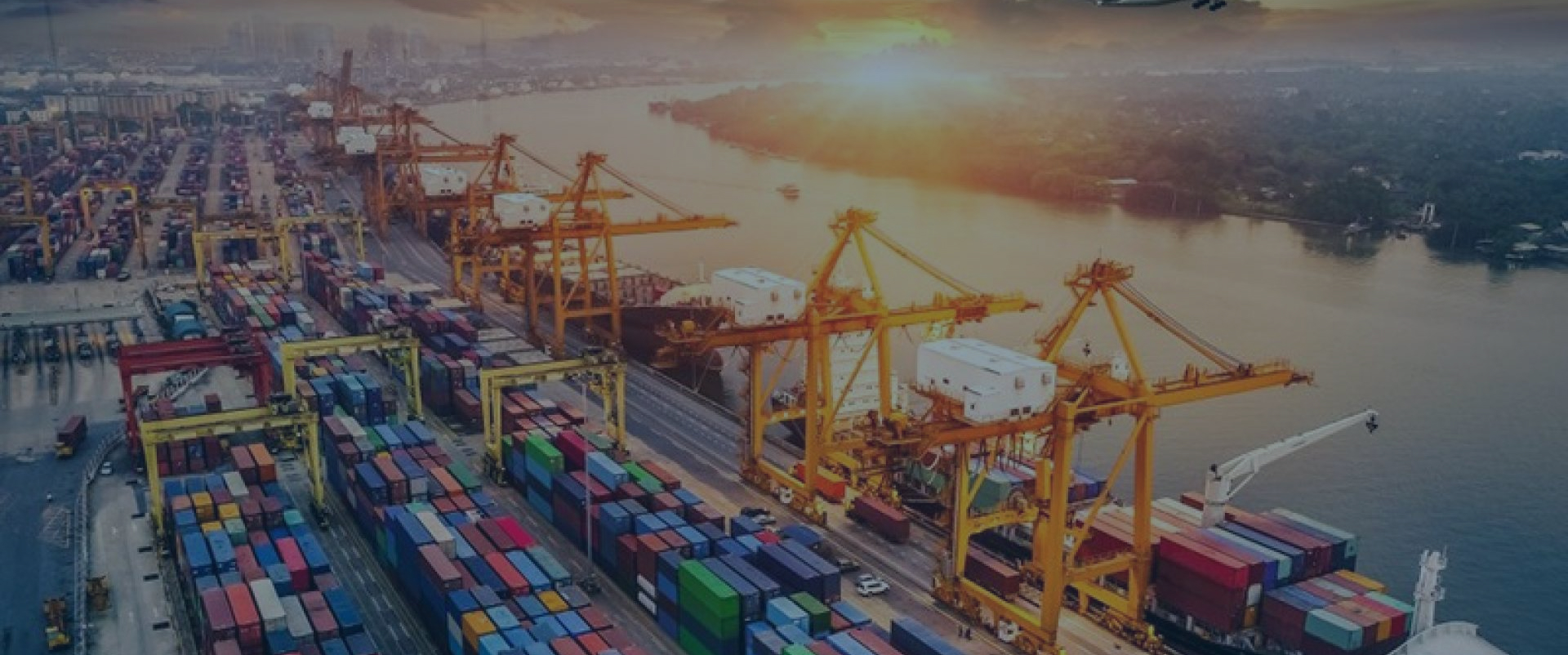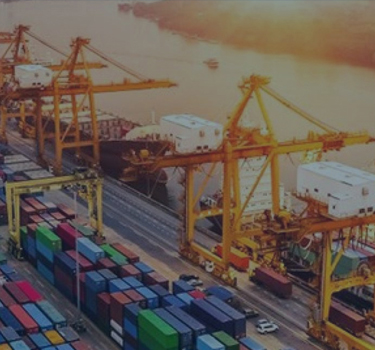Update : Dec 10 , 2022
The world is rapidly changing, and digital transformation is at the forefront. Businesses and individuals are both having to adapt quickly to keep up with the times.
Technology has drastically changed how we go about our daily lives; from the way we communicate to the way we work. Whether we like it or not, more and more tasks are being moved online - which means that we need to learn how to do things digitally that used to be done manually.
Digital transformation enables technology in every area of the logistics business. Things like customer service, operations, and deliveries all change since they're being done differently. This transformation affects how the entire industry works.
The transition to digitization has created a logistics metamorphosis with quicker, leaner, and more proficient operations. The ready availability of automation services hastens these changes even further.
The explosive growth of online commerce across the globe is spurring a dramatic change in how businesses operate: digital transformation. Businesses are now turning to digital technologies to stay afloat and be profitable. This means they either come up with new processes or change existing ones, build company cultures from the ground up, and/or introduce never-before-seen customer experiences that satisfactorily address changing demands of consumers and the marketplace.


 Back to Blogs
Back to Blogs